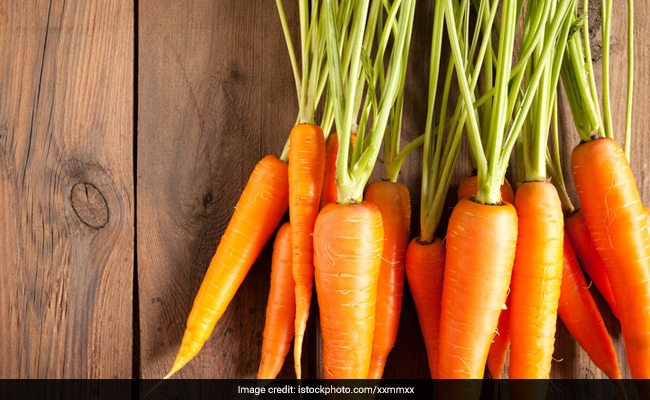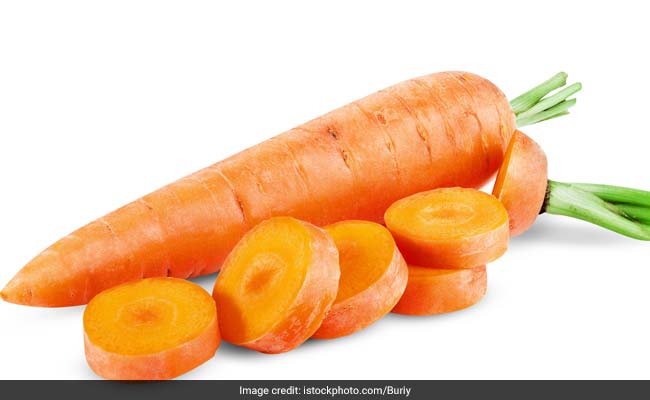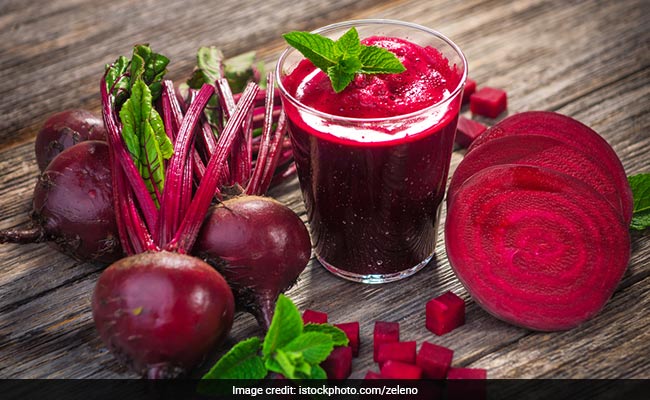
- Instances of high blood pressure is becoming very prevalent
- High blood pressure could impact heart
- There are a few foods that could manage BP
High blood pressure or hypertension is one of the most common health conditions faced by millions across the world. Contrary to popular perception, hypertension is now also becoming prevalent among younger generation too. People in their twenties and thirties are increasingly complaining about elevated blood pressure levels. If your blood pressure is consistently over 120/80 mmHg, it is advised you consult a cardiac specialist right away. Due to lack of proper care and attention, high blood pressure or hypertension can lead to constricted arteries, restricted blood flow and stroke. Your diet plays a crucial role in maintaining your heart health and regulating blood pressure levels. Fortunately, winters come loaded with a host of seasonal veggies that are known to check surge in blood pressure levels. Maintaining a good diet and practicing a healthy lifestyle could do wonders for your blood pressure management.
Here are some winter vegetables you can consider adding to your high blood pressure diet plan.
1. Carrots
Carrots are packed with potassium. Potassium helps relax the tension in your blood vessels and arteries; it negates the ill-effects of sodium. It also reduces the risk of atherosclerosis and strokes. You can include this veggie in broths, stews and juices.
 Potassium in carrot helps relax the tension in your blood vessels and arteries
Potassium in carrot helps relax the tension in your blood vessels and arteries2. Beetroot
According to the book, 'Healing Foods' by DK Publishing House, its antioxidants help lower blood pressure and cholesterol levels, while the B vitamins help improve nerve function. Studies have claimed that the high content of nitrates in beetroot produces a gas called nitric oxide. This gas helps to relax and dilate your blood vessels, which further improves blood flow and lowers blood pressure temporarily. Here's how you can make yourself a healthy glass of beetroot juice.
 The antioxidants in beetroot help lower blood pressure and cholesterol levels
The antioxidants in beetroot help lower blood pressure and cholesterol levels3. Spinach
Spinach is packed with potassium and lutein. Lutein prevents thickening of walls of arteries, thus reducing the risk of heart attacks. Moreover, spinach is packed with potassium, folate and magnesium, which further ensures that your blood pressure levels are in check. Spinach is extremely low in calories; you can toss it up in salads, sneak it in sandwiches and lasagna or blend it into smoothies.
 Spinach is great for regulating blood pressure
Spinach is great for regulating blood pressure4. Radish
Radish is also filled with potassium, which is known to manage blood pressure. You can use radish in your salads or even blend it in soothing soups.
5. Methi (Fenugreek Leaves)
Both fenugreek leaves and fenugreek seeds are packed with good amount of soluble fibre, which helps in reducing cholesterol, especially LDL. High-fibre diet has been linked with steady blood pressure levels too. Additionally, methi leaves and seeds are very low on sodium as well.
So what are you waiting for? Start loading up on them today. Include these winter veggies in your daily diet and see the change for yourself.
Disclaimer: This content including advice provides generic information only. It is in no way a substitute for qualified medical opinion. Always consult a specialist or your own doctor for more information. NDTV does not claim responsibility for this information.
Track Latest News Live on NDTV.com and get news updates from India and around the world

